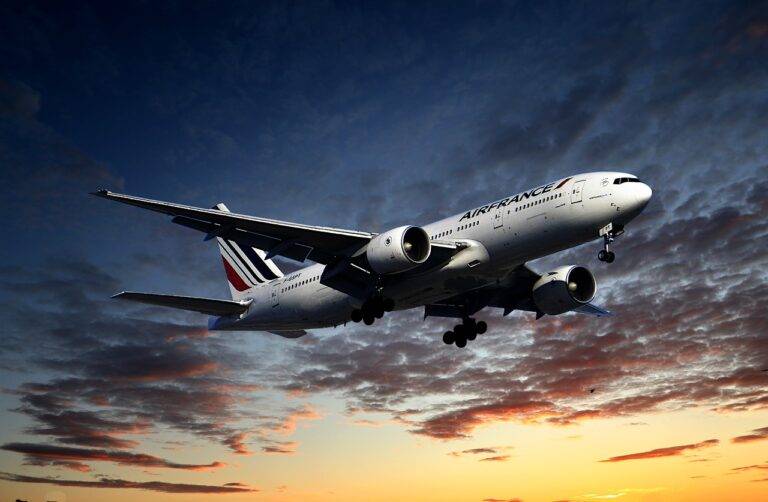The Next Frontier in Space Exploration: Private Space Travel Companies
Private space travel companies face numerous challenges in their pursuit of advancing space exploration. One major obstacle is the high cost associated with developing space technology and spacecraft. Building and launching rockets and spacecraft into space require substantial financial investments, which can be prohibitive for many companies, especially startups in the industry. Securing funding and managing the budget effectively are crucial tasks that companies must tackle to stay afloat in this competitive sector.
Additionally, private space travel companies must navigate complex regulatory frameworks and compliance requirements set by various governmental bodies. Obtaining the necessary licenses and permissions to launch and operate in space can be a lengthy and bureaucratic process, adding to the already demanding nature of the industry. Striking a balance between innovation and adherence to regulations is essential for companies to thrive in the private space travel sector.
• Securing funding and managing budget effectively
• Developing space technology and spacecraft is costly
• Navigating complex regulatory frameworks and compliance requirements
• Obtaining necessary licenses and permissions for launch operations
Innovations in Spacecraft Technology
Spacecraft technology has seen remarkable advancements in recent years, with private companies pushing the boundaries of innovation. One notable innovation is the development of reusable rocket systems, allowing for more cost-effective and sustainable space travel. Companies like SpaceX have successfully landed and re-flown rockets, revolutionizing the industry.
Moreover, advancements in materials science have led to the creation of lighter and stronger spacecraft components. This has enabled the design and construction of spacecraft that are more efficient and durable, ultimately enhancing their performance in navigating the harsh conditions of space. The use of advanced materials has not only improved the reliability of spacecraft but has also paved the way for the development of more ambitious missions beyond Earth’s orbit.
Competition Among Private Space Travel Companies
The race to dominate the private space travel industry has intensified in recent years, with companies like SpaceX, Blue Origin, and Virgin Galactic vying for supremacy. Each company is pushing the boundaries of innovation and technology to establish itself as a leader in the burgeoning space tourism market. With ambitious goals of commercial space travel and eventual colonization of other planets, the competition among these companies is fierce and relentless.
One of the main drivers of this fierce competition is the quest to develop reusable spacecraft technology. By perfecting the ability to launch, land, and reuse rockets and space vehicles, companies are aiming to drastically reduce the cost of space travel. This not only makes space tourism more accessible to the public but also opens up opportunities for scientific research and commercial ventures in space. As companies continue to push the boundaries of what is possible in space exploration, the competition among private space travel companies shows no signs of slowing down.
What are some of the challenges faced by private space travel companies?
Some of the challenges faced by private space travel companies include high costs of research and development, regulatory hurdles, competition from established government space agencies, and ensuring the safety of passengers.
What innovations in spacecraft technology have helped private space travel companies?
Innovations such as reusable rockets, advanced propulsion systems, lightweight materials, and automated systems have helped private space travel companies reduce costs and increase efficiency in their operations.
How intense is the competition among private space travel companies?
The competition among private space travel companies is extremely intense, with companies like SpaceX, Blue Origin, and Virgin Galactic vying for a share of the rapidly growing space tourism market. This competition drives innovation and pushes companies to continually improve their technology and services.





